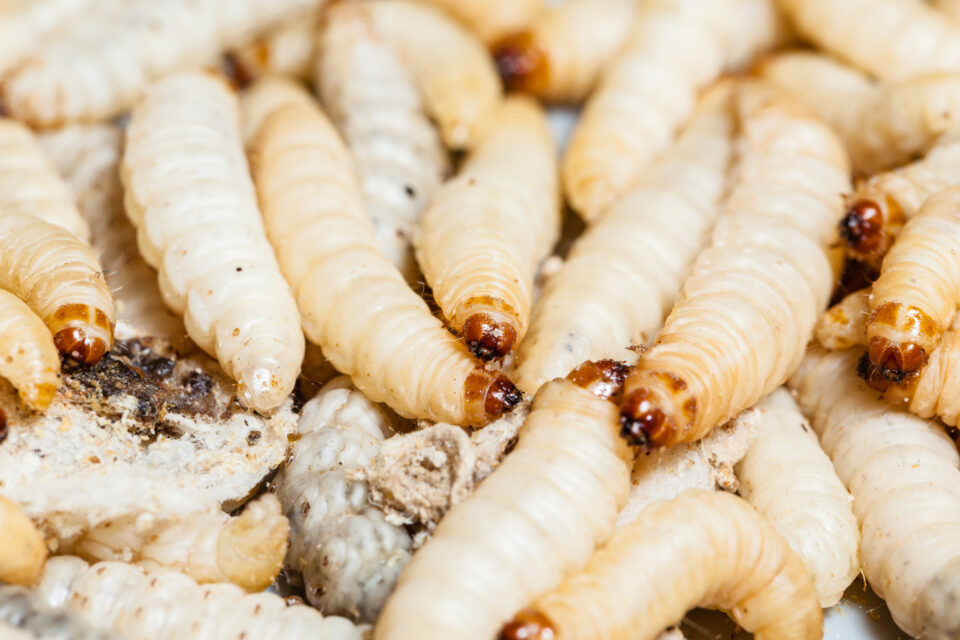The poultry industry is under growing pressure to find innovative ways to keep flocks healthy while reducing reliance on antibiotics. Rising concerns about antimicrobial resistance are pushing researchers, manufacturers, and policymakers to seek alternative solutions that can maintain bird performance and protect against disease without contributing to resistance.
One promising innovation is the use of insect-derived ingredients—especially products from black soldier fly larvae (BSFL)—in poultry feed.
More than just protein
BSFL are rich in high-quality protein, but their benefits go far beyond nutrition. They contain bioactive compounds such as chitin, chitosan, lauric acid, and antimicrobial peptides, which have natural antibacterial properties. These compounds help birds resist harmful pathogens and strengthen their overall health—aligning with global efforts to curb antibiotic use.
Proven performance benefits
BSFL products can be incorporated into poultry diets as meal, oil, or puree. In controlled feeding trials, BSFL meal replaced up to 10% of soybean meal in broiler diets. In one notable study, broilers infected with necrotic enteritis recovered faster and achieved higher feed conversion ratios when fed BSFL meal compared to those on traditional soy-based diets.
BSFL oil has also shown promise in combating heat stress—a growing challenge due to climate change. In trials where broilers faced cyclic heat stress, diets supplemented with 5–10% BSFL protein or 2–4% BSFL oil improved feed efficiency and growth, even under tough environmental conditions.
A win for sustainability
Beyond animal health, BSFL production is far more sustainable than traditional feed crops like soybeans. It requires less land and water, produces fewer greenhouse gas emissions, and can be grown on organic waste streams. This transforms waste into high-quality feed, supporting a circular economy and reducing the industry’s reliance on finite resources.
Challenges and the road ahead
Scaling insect-based feed production requires significant investment, and current costs remain higher than conventional feed ingredients. However, as technology improves and production scales up, prices are expected to drop—making BSFL a viable, competitive option for poultry farmers.
With their unique health-boosting properties and strong environmental credentials, insect-derived feeds—especially from black soldier fly larvae—offer a powerful tool for building a healthier, more resilient, and sustainable poultry industry.



